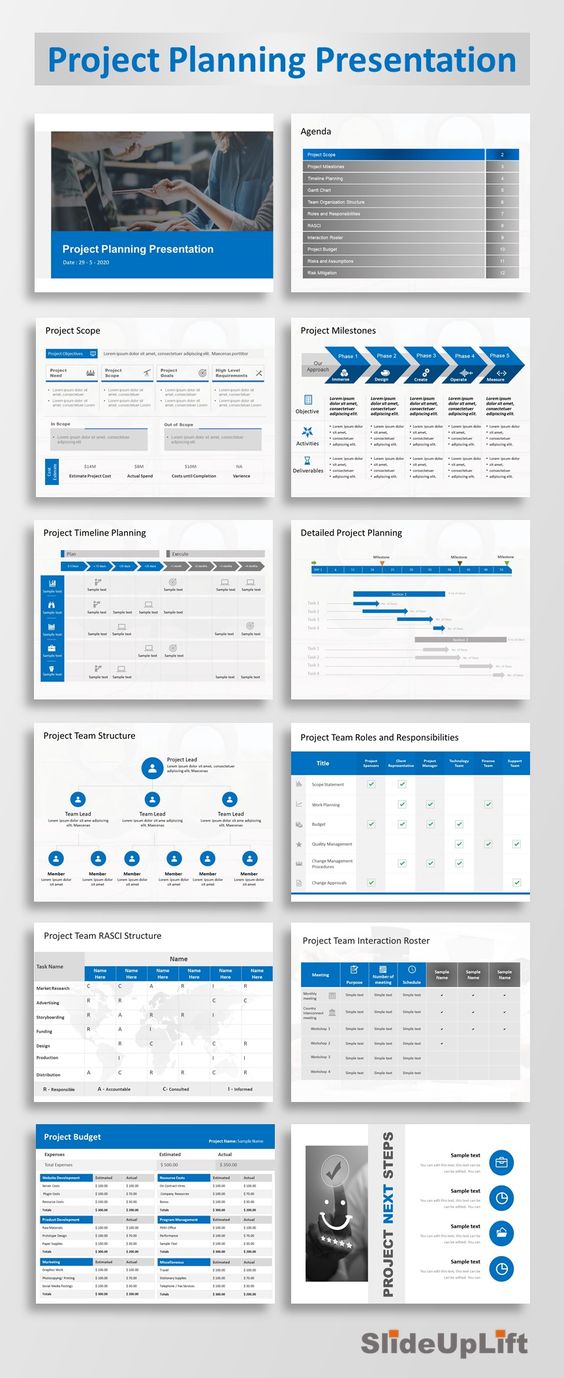Why Is Project Planning Important: A Comprehensive Guide
In any project, planning plays a critical role in its success. Without proper planning, there is a high likelihood of failure due to overspending, missed deadlines, and misunderstandings. To avoid such pitfalls, it is essential to ensure that project planning is aligned with the project’s objectives.
Here are eight reasons why project planning is important:
Reduces Risk
Every project faces some inherent risks. However, project planning helps identify such risks, and mitigation strategies put in place in readiness. With proper planning, a project manager can identify potential risks, early warning signs, and come up with ways to reduce those risks altogether.
Clearly Defines Scope
In project management, the scope outlines the work to be done and the expected deliverables. Project planning helps in defining accurate project scope, which is crucial in keeping the project on track.
Helps Manage Resources
Project planning helps allocate resources accordingly. It enables project managers to balance workload amongst the team members, ensure that there is no overlap or shortage of task resources, and consequently enhance productivity and efficiency.
Identifies Dependencies
Every project has dependencies, with one task relying on the completion of another. Such dependencies can derail a project if not identified and dealt with promptly. Project planning helps identify dependencies and ensures that tasks are appropriately scheduled to guarantee timely completion.
Ensures on-time Delivery
For any project, timely delivery is critical. Through project planning, a project manager can identify all essential milestones and schedule the team’s work to ensure all deadlines are met.
Offers Visibility
Project planning provides valuable insight into the project’s progress, including what has been done, what is pending, and the time remaining for project completion. It enables a project manager to monitor and report project progress accurately.
Facilitates Team Communication
Project planning encourages collaboration and communications among project stakeholders, including the project team, leadership, clients, and vendors. It enables everyone involved to understand the project objectives and their roles and responsibilities.
You might find these FREE courses useful
- Project Planning
- Project Planning and Execution
- Project Planning and Machine Learning
- Top Project Management: Life Cycle And Project
- Project Management: Life cycle and project planning
- Fundamentals of Project Planning and Management
- Project Planning: Putting It All Together
- Initiating and Planning Projects
Saves Money
Effective project planning eliminates waste, such as redundant tasks, excessive use of resources, or preventable reworks. Consequently, this saves the project money, which can be directed towards more productive areas.
Conclusion
Project planning is an integral part of project management. It helps identify potential risks, define scope, allocate resources, identify dependencies, ensure timely delivery, improve visibility, facilitate team communication, and saves project money. A well-planned project is carried out more efficiently, with reduced risks and maximum savings. Embrace project planning and take your project execution to a whole new level.
